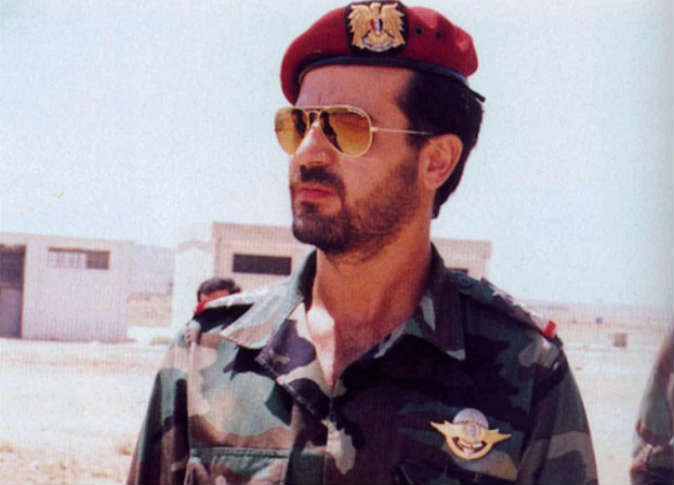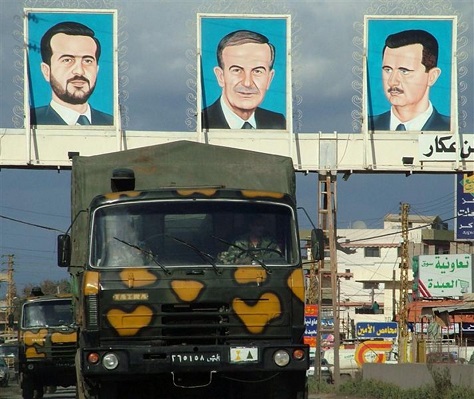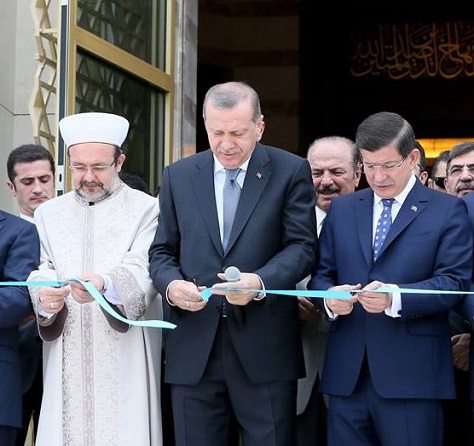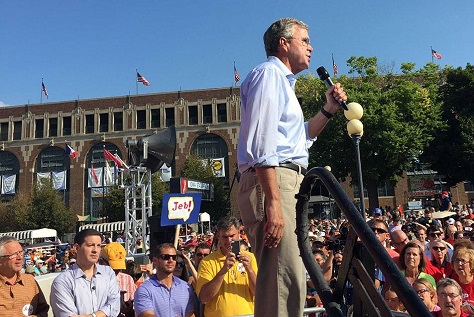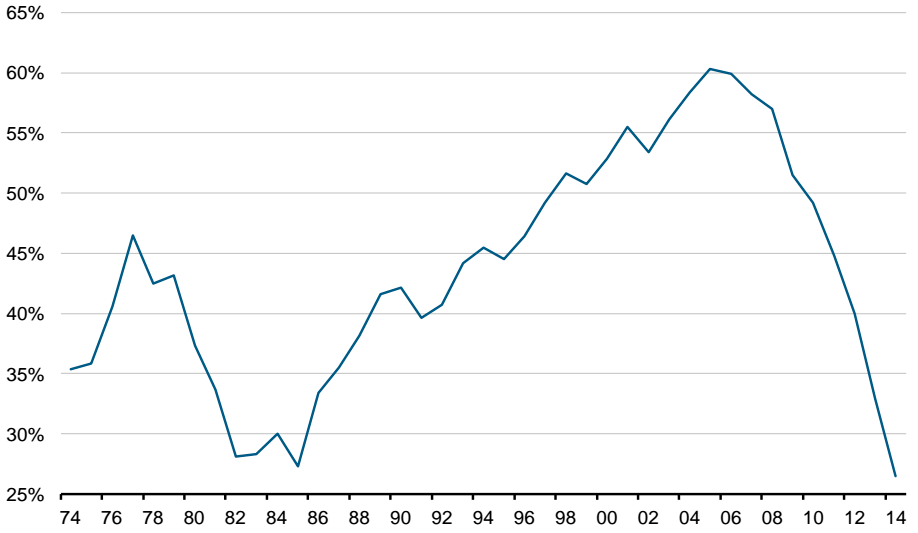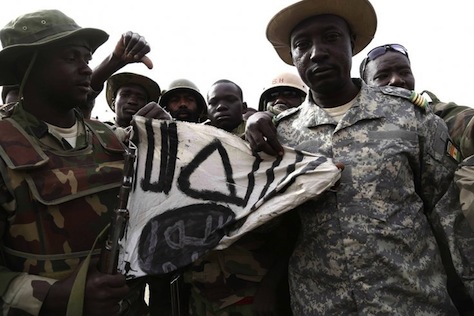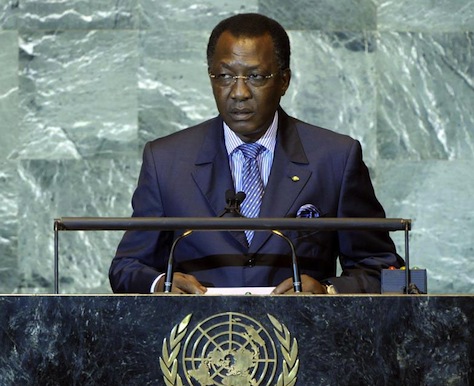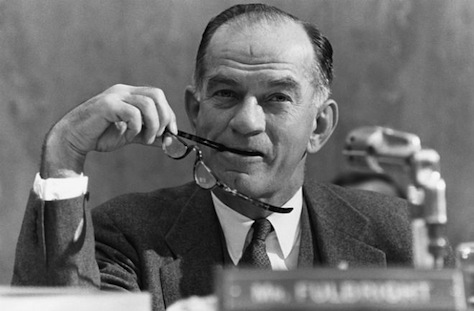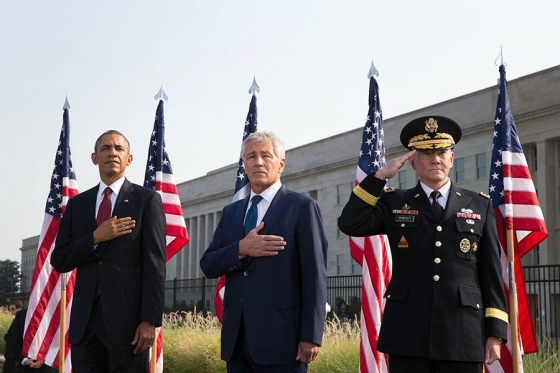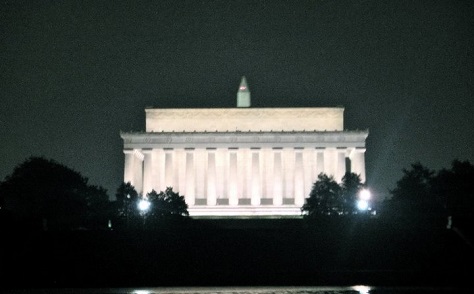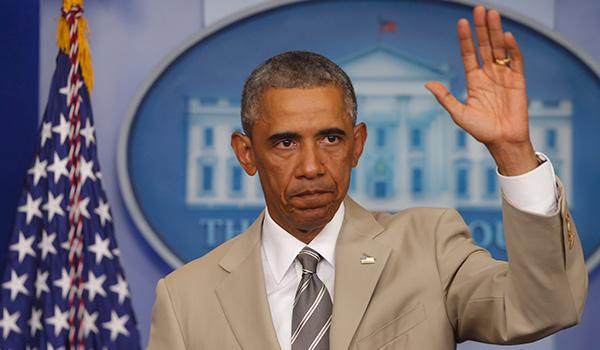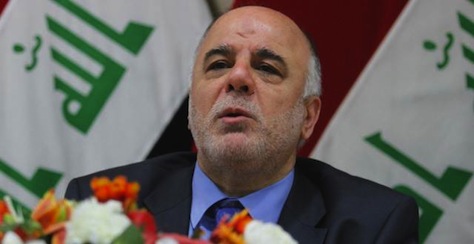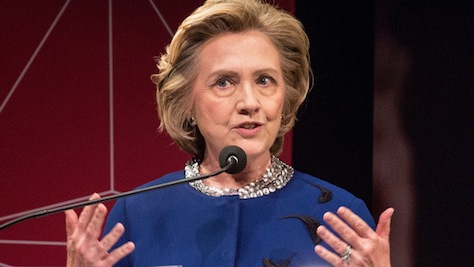
Arguably no one can claim that he or she speaks more for the Turkish conscience than Orhan Pamuk, the only Turk to win the Nobel Prize for literature.
![]()
In unusually strong terms, Pamuk told the Italian daily La Repubblica yesterday that the divisive policies of Turkish president Recep Tayyip Erdoğan are partially to blame for creating an environment of instability and chaos that served as the backdrop to Saturday’s deadly bombing in Ankara:
“The electoral defeat enraged Erdogan,” Pamuk told the daily, arguing that the setback, which resulted in new elections being scheduled for November 1, was also behind the recent resumption of hostilities between the army and Kurdish militants.
“He didn’t succeed in convincing the Kurds to give him their votes for his plan to create a presidential republic,” Pamuk said. “That is why he decided to go to the polls again on November 1. But neither the government nor the army were satisfied with how things were going and they agreed to resume the war against the Kurdish movement.”
The country now finds itself even more divided in the wake of a terrorist bombing that has now killed more than 100 people, the deadliest such attack in the history of the modern Turkish republic.
The Ankara attack and its political fallout are now set to dominate the last 19 days of the election campaign, and it augurs the possibility of ominous threat to Turkish democracy.
*****
RELATED: How the AKP hopes to regain
its absolute majority in November
*****
Erdoğan, elected president two years ago and whose Adalet ve Kalkınma Partisi (AKP, the Justice and Development Party) rose to power initially in 2002, has not yet delivered more than a short statement in response to the bombing. Prime minister Ahmet Davutoğlu’s remarks Saturday initially blamed ISIS/ISIL/Islamic State, Kurdish nationalists or left-wing activists for the attack, though the government says it now believes, on the basis of hard evidence, that the Islamic State is behind the bombings. The attack is similar to a suicide bombing in the southern border town of Suruç that killed 33 people in July — and that set Turkish armed forces in action against Islamic State. Nevertheless, ISIS militants, who are never incredibly bashful about such attacks, have not taken credit for the bombings.

The Suruç attack also brought angry reprisals from Kurdish militants against Turkish police and military personnel. Erdoğan responded by escalating tensions, thereby bringing to an end a years-long ceasefire with the Partiya Karkerên Kurdistanê (PKK, Kurdistan Workers’ Party), an armed Marxist group that has intermittently fought the Turkish military since the 1980s. Until this summer, greater cultural autonomy and political freedom for Turkey’s Kurdish population, and a growing sense of security and peace under the mutual ceasefire, had been one of Erdoğan’s most crucial legacies.
No longer. Continue reading Ankara bombing curdles already-fraught Turkish election campaign
